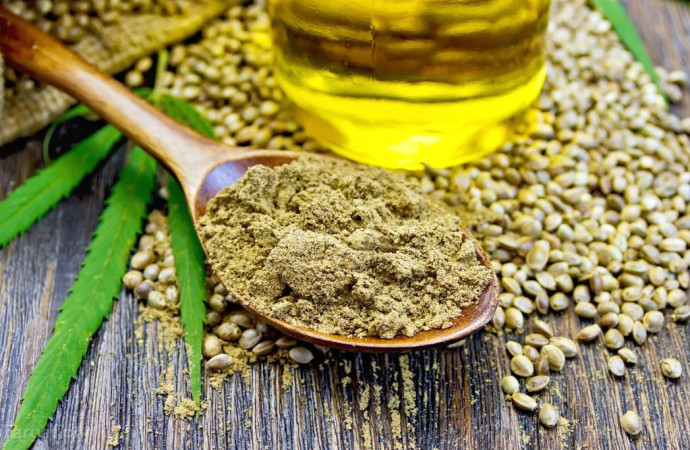The cannabinoid Cannabidiol (CBD) has become such a staple in health-based communities that there are those out there that aren’t aware that CBD comes from the cannabis plant. That’s because unlike the uber famous cannabinoid THC, which accounts for much of the psychoactive effects of marijuana, CBD doesn’t alter your mind per se. It quells
The cannabinoid Cannabidiol (CBD) has become such a staple in health-based communities that there are those out there that aren’t aware that CBD comes from the cannabis plant. That’s because unlike the uber famous cannabinoid THC, which accounts for much of the psychoactive effects of marijuana, CBD doesn’t alter your mind per se.
It quells anxiety, offers pain relief and greatly aids in the treatment of seizure disorder, but it doesn’t get one “high.” Here are the biggest benefits of adding CBD to your daily routine now:
CBD interacts with neurotransmitters that are associated with pain and thus eases aches and even chronic pain. The neurotransmitters bind with what’s called our endocannabinoid system, the very system that not only is in place throughout our brains and bodies but spreads the benefits of cannabis to where it’s needed every time we use it.
Another study shows that a single dose of CBD lowers blood pressure and is therefore also beneficial to cardiac health. CBD interacts with the circulatory system and is an all-around blood pressure regulator. As you can see with all examples thus far, pharmacological medications can be reduced or even stopped with the proper medical regulation of said conditions under a CBD regiment and doctor supervision.
Though much more research is necessary for these serious diagnoses, CBD has shown itself to be a neuroprotectant with properties that ease both seizures and multiple sclerosis. CBD’s effects on neurological disorders such as these have plenty of anecdotal evidence and have many people on the CBD soapbox, but time and testing will show just how effective CBD is on its own to treat these powerful conditions.




















